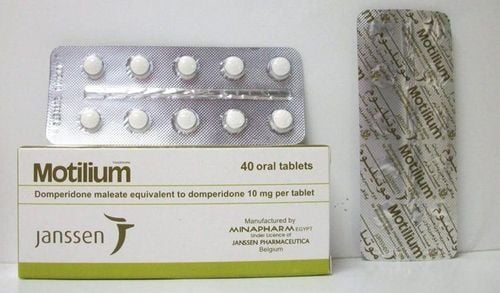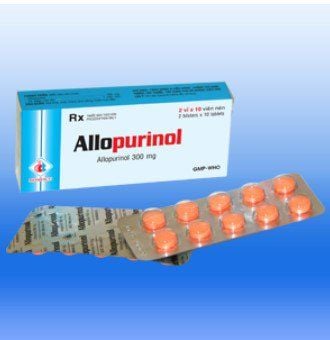This is an automatically translated article.
The elderly are at high risk for bacterial infections. Using antibiotics to treat the elderly is not a small challenge. Because of physiological characteristics and some factors of old age can affect the effectiveness of the drug treatment. Therefore, using antibiotics correctly and following the doctor's instructions helps bring high efficiency in disease treatment and reduces the risk of antibiotic resistance in the elderly.
1. Antibiotics
Antibiotics are only needed to treat some bacterial infections. Antibiotics are also an important tool for treating common infections like pneumonia or other health-threatening conditions like sepsis, which is the body's harmful response to infection. .
Antibiotics do not work against viruses, such as those for colds, flu, bronchitis or runny nose. Even if thick mucus is yellow or green. In addition, antibiotics are not necessary for patients with common infections such as sinus infections and some ear infections.
The use of antibiotics for the elderly or the elderly should consult a doctor whether they should be used or not. Overuse and indiscriminate use of antibiotics can lead to antibiotic resistance. And that means antibiotics will decrease or no longer work in the future.

Người già có hệ miễn dịch yến vì vậy cần lưu ý khi sử dụng thuốc kháng sinh
2. Some notes when using antibiotics for the elderly at home
Any medicine has side effects and antibiotics are no exception. Using antibiotics can often cause side effects and lead to antibiotic resistance. This is the most pressing threat to public health. Therefore, when using antibiotics for the elderly, it is important to note:
Antibiotic resistance does not mean that the body is becoming resistant to antibiotics, it means that bacteria are becoming resistant to antibiotics designed to kill they. When bacteria become resistant, the antibiotics cannot fight them and the bacteria multiply. Some resistant bacteria can be more difficult to treat and can spread to other patients in the nursing home. C.difficile infection is a type of bacteria that causes inflammatory bowel disease or diseases in the colon. Infection with C.difficile can lead to severe colon damage, loss of control with diarrhea, and sometimes death. C.difficile infection can be caused by touching contaminated surfaces or being spread by other people or by health care workers.
Symptoms of C.difficile infection include: severe diarrhea (at least three times a day or more), loss of appetite, signs of fever, nausea, abdominal pain,...
React allergic reaction to antibiotics. While these are extremely rare, when they do, they can lead to serious allergic reactions (anaphylaxis). Interactions between antibiotics and other drugs. Antibiotics can interact with many drugs including prescription drugs, over-the-counter drugs, and natural products. When treating with antibiotics in general and treating the elderly in particular, the doctor needs to know the complete list of drugs that the patient has used before prescribing a new antibiotic. Physicians should be aware of the main serious interactions for commonly used classes of antibiotics. Some notes for the safe use of antibiotics for the elderly:
Please use exactly as prescribed by your doctor Do not share antibiotics with others Do not save antibiotics Do not use antibiotics without prescribe prescriptions for others. The physiological characteristics of the elderly are different from those of other people, so they will be more disadvantaged when using antibiotics. In order to make a decision on antibiotic treatment for the elderly, it is necessary to have a thorough examination from a specialist doctor. Avoid overuse of antibiotics, especially in the elderly, to reduce the risk of antibiotic resistance in subsequent treatments.
Customers can directly go to Vinmec Health system nationwide to visit or contact the hotline here for support.
References source: cdc.gov
MORE:
What are antibiotics? How to limit antibiotic resistance? What is antibiotic resistance?













